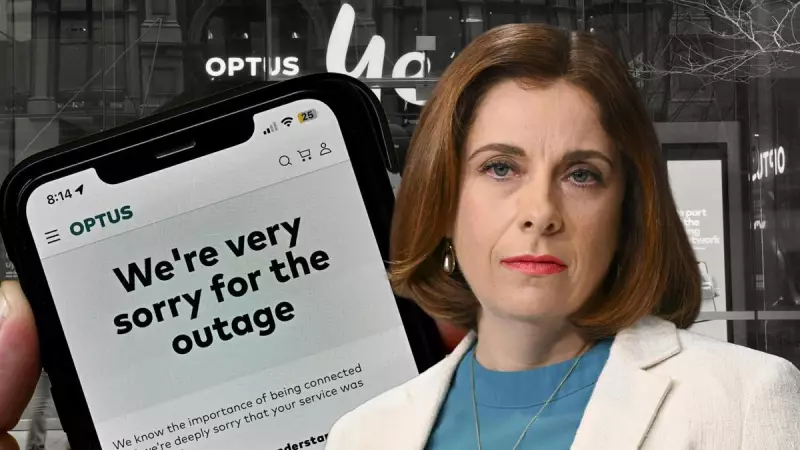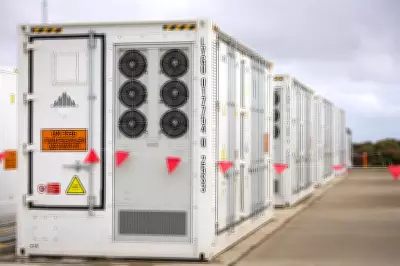
In a surprising development that has raised eyebrows across political circles, the office of Communications Minister Michelle Rowland has confirmed that local MP Anika Wells was never formally invited to participate in the crucial Optus triple-zero failure inquiry.
The revelation comes as the federal government continues to grapple with the fallout from Optus's nationwide network outage last November, which left millions of Australians unable to contact emergency services for several critical hours.
Political Exclusion Raises Questions
Despite representing the Brisbane electorate directly affected by the telecommunications meltdown, Ms Wells appears to have been sidelined from the official investigation process. The Communications Minister's office made the confirmation in response to direct questioning, though they declined to provide specific reasons for the omission.
This exclusion is particularly noteworthy given that the triple-zero failure represented one of the most significant telecommunications emergencies in recent Australian history, affecting vulnerable residents across multiple states.
Investigation Under Scrutiny
The independent inquiry, led by former deputy chair of the Australian Communications and Media Authority Richard Bean, was established to examine the root causes of the November 8 network collapse. The incident prevented an estimated 228 calls from reaching triple-zero services, potentially putting lives at risk.
Industry experts have expressed concern that excluding local representatives from the investigation process could undermine public confidence in both the inquiry's findings and the government's handling of the crisis.
Broader Implications for Telecommunications Policy
The situation highlights ongoing tensions between federal oversight and local representation in critical infrastructure failures. As Australia continues to rely heavily on private telecommunications providers for essential services, questions about accountability and political transparency remain at the forefront.
The government faces increasing pressure to ensure that such network failures cannot recur, while simultaneously maintaining public trust in its investigation and regulatory processes.





